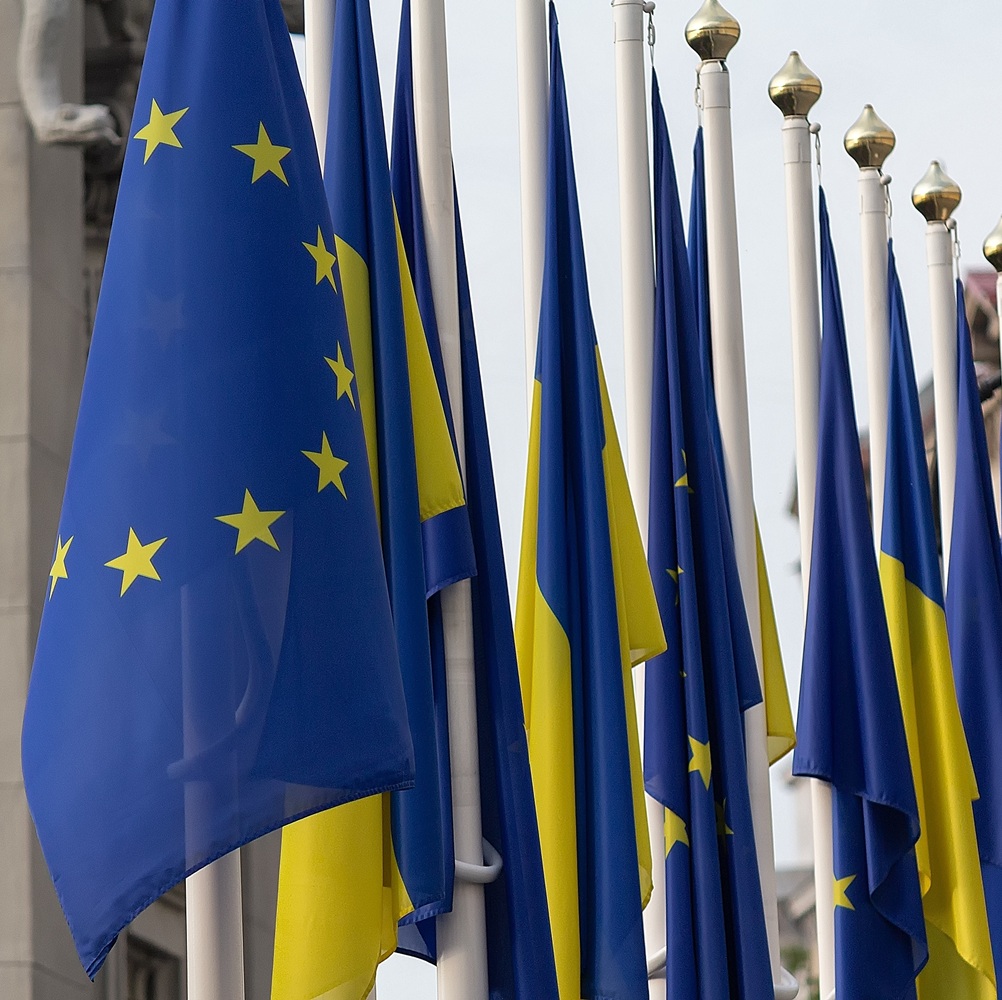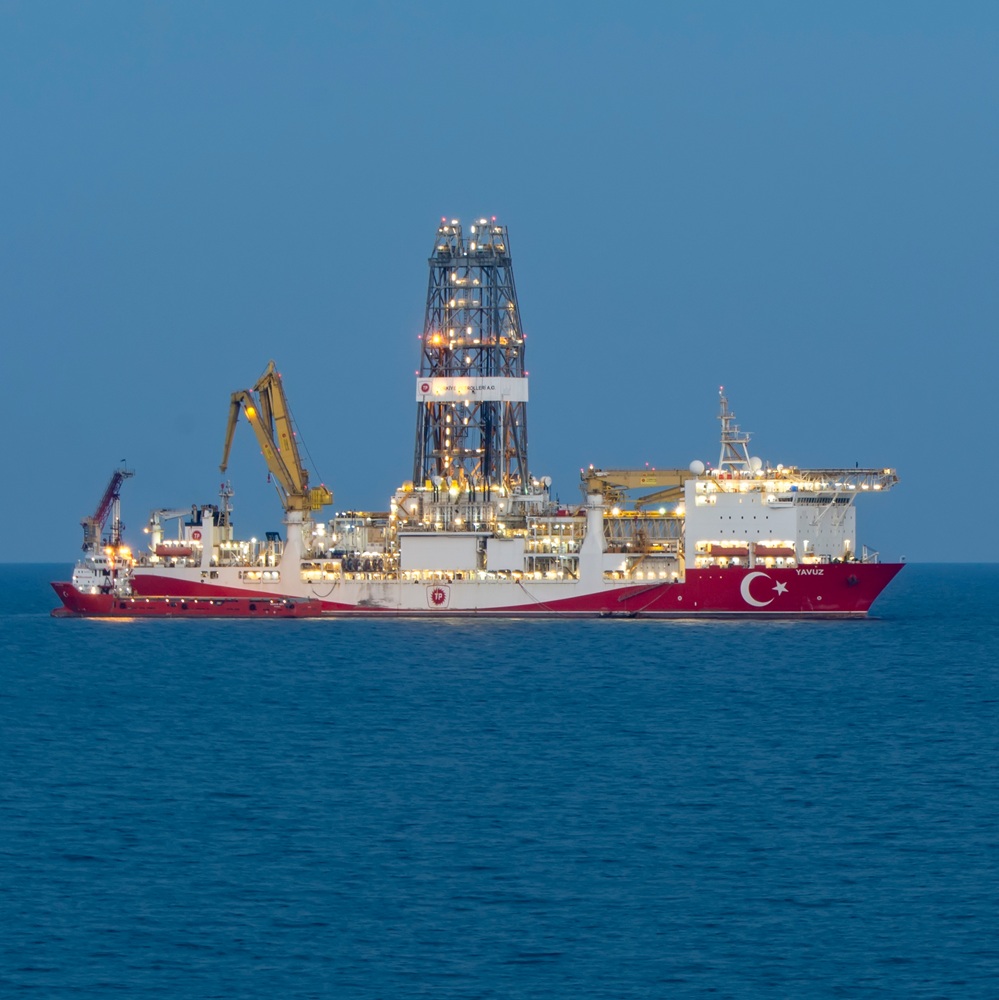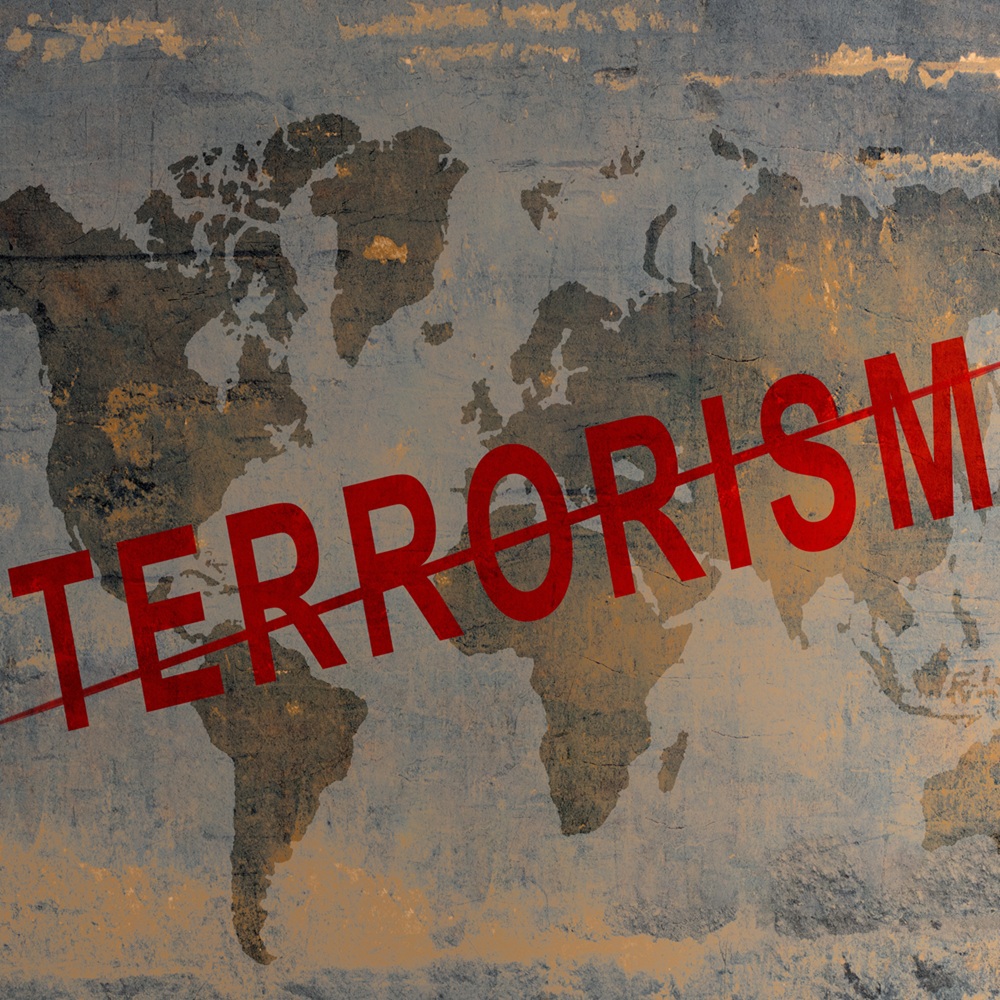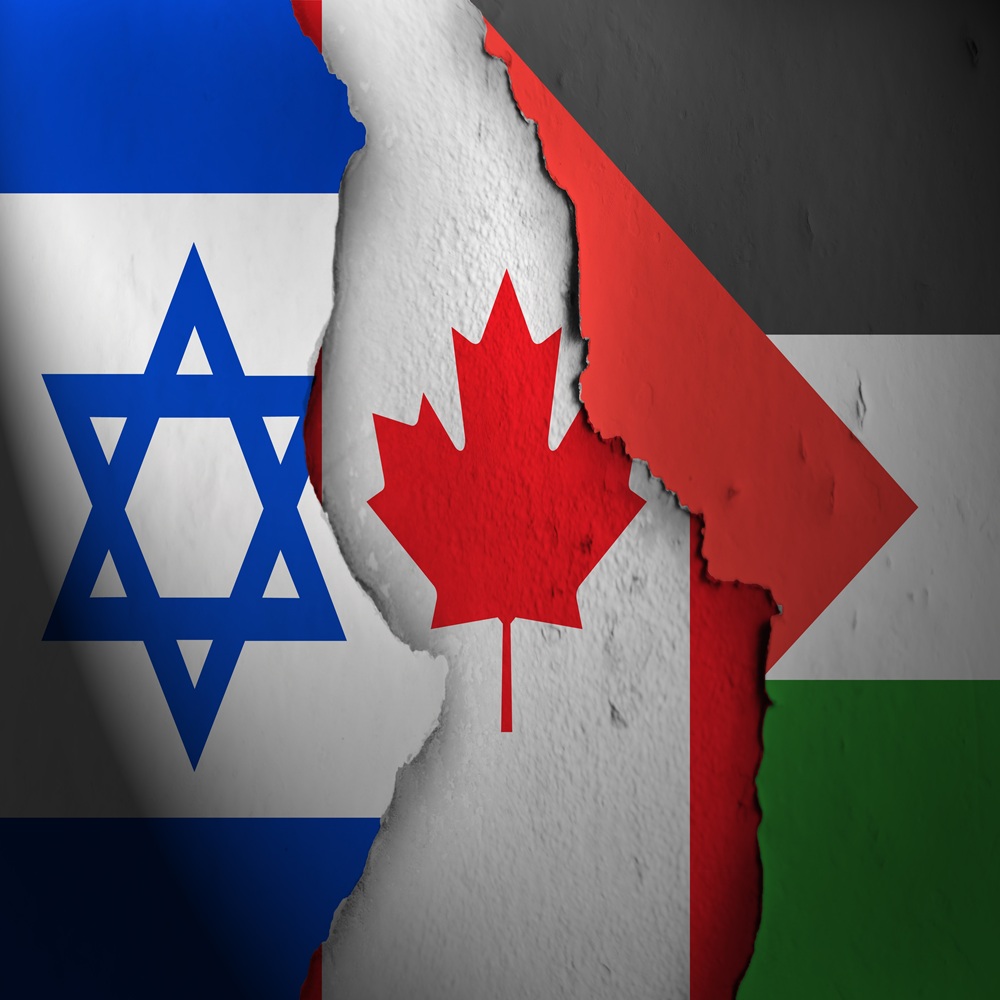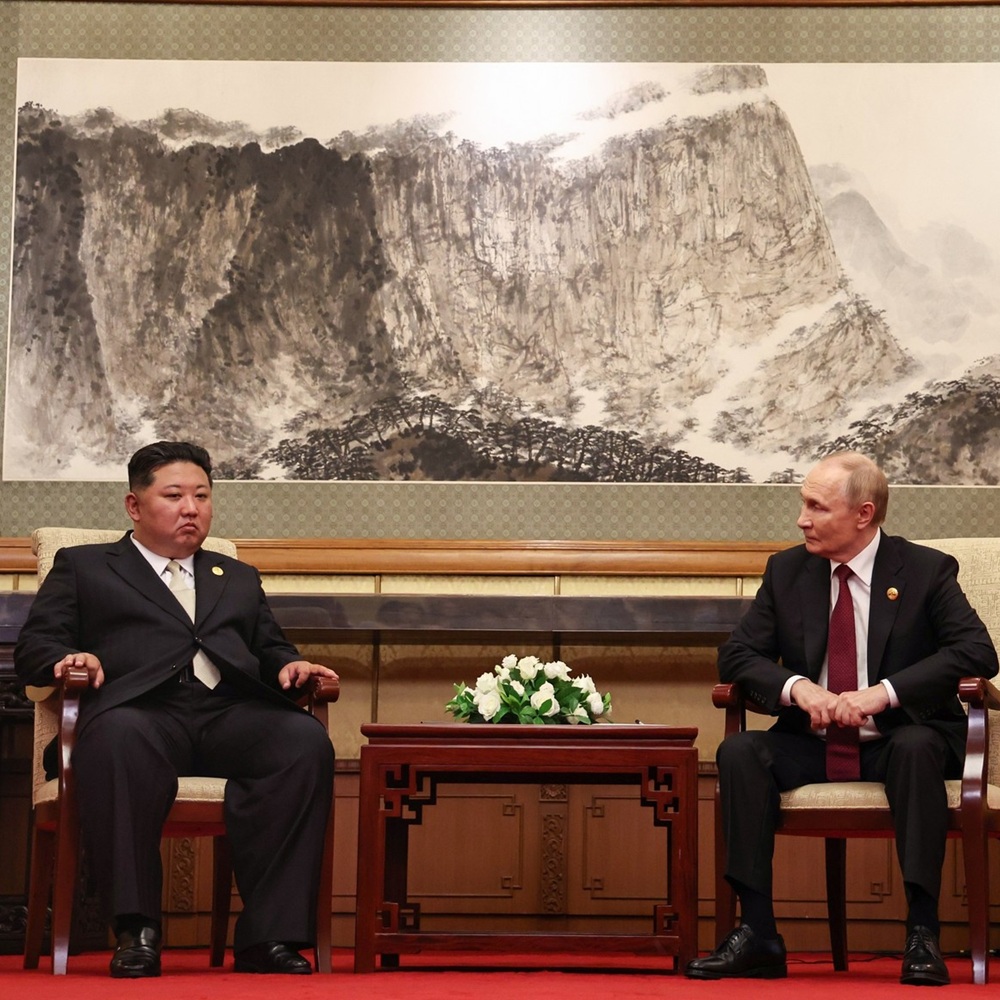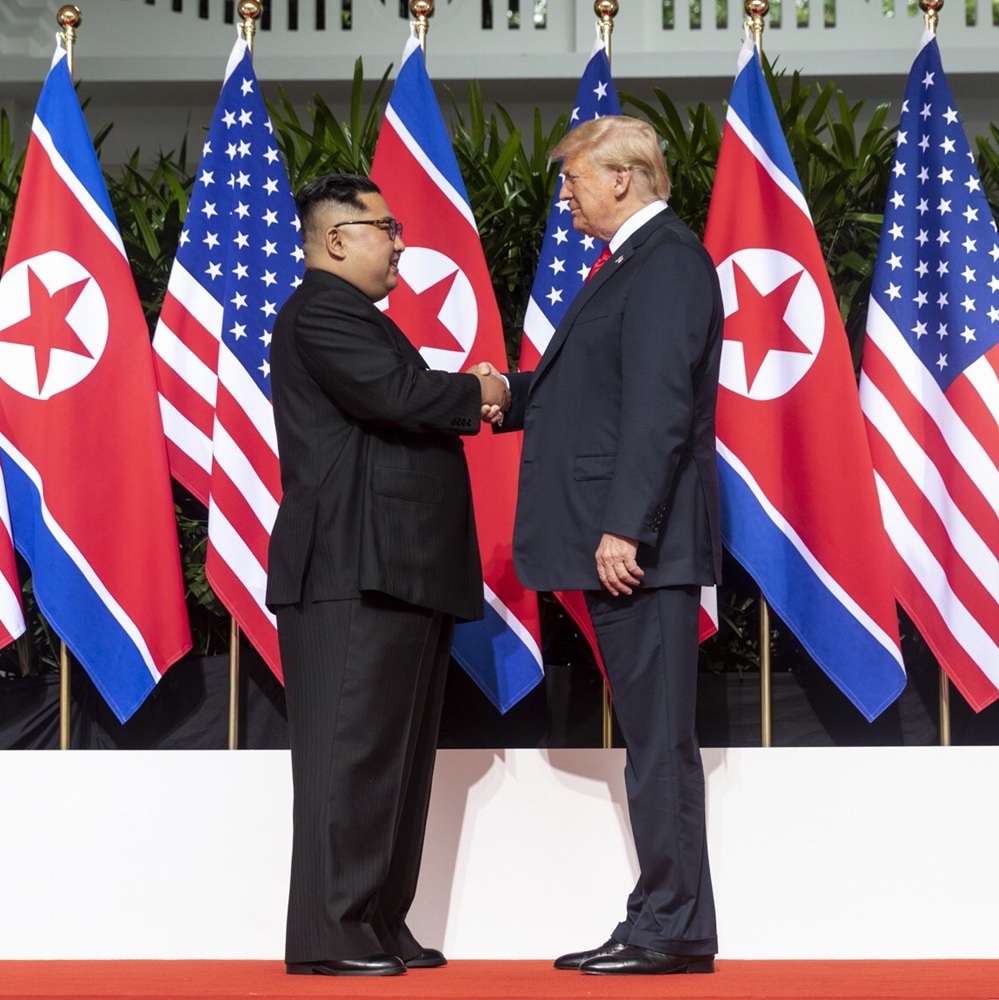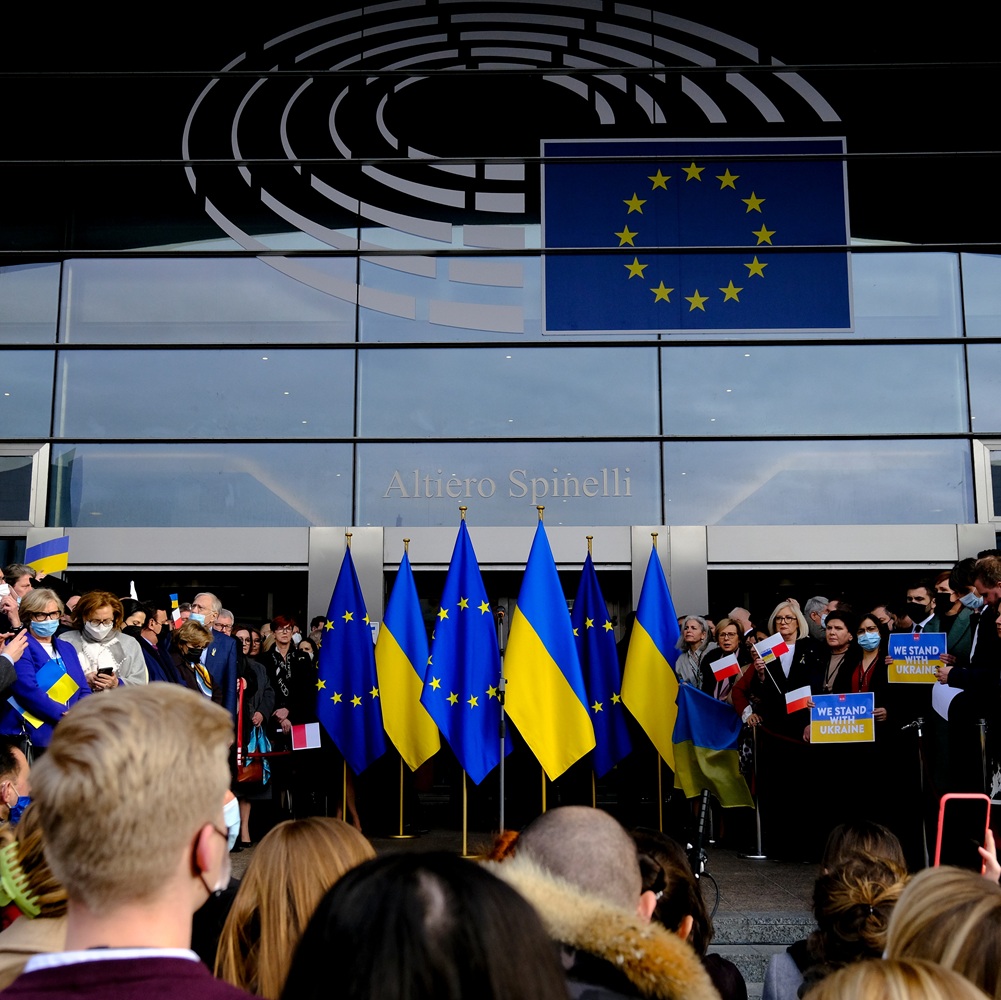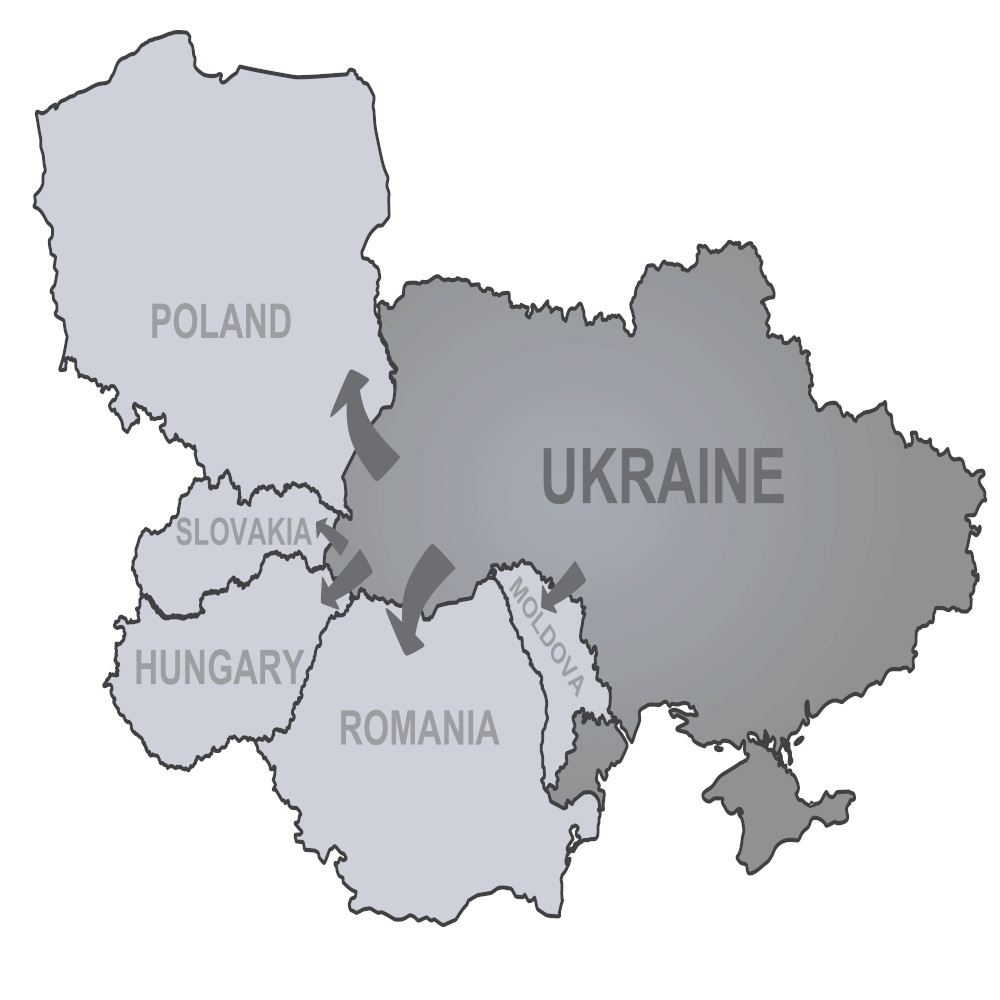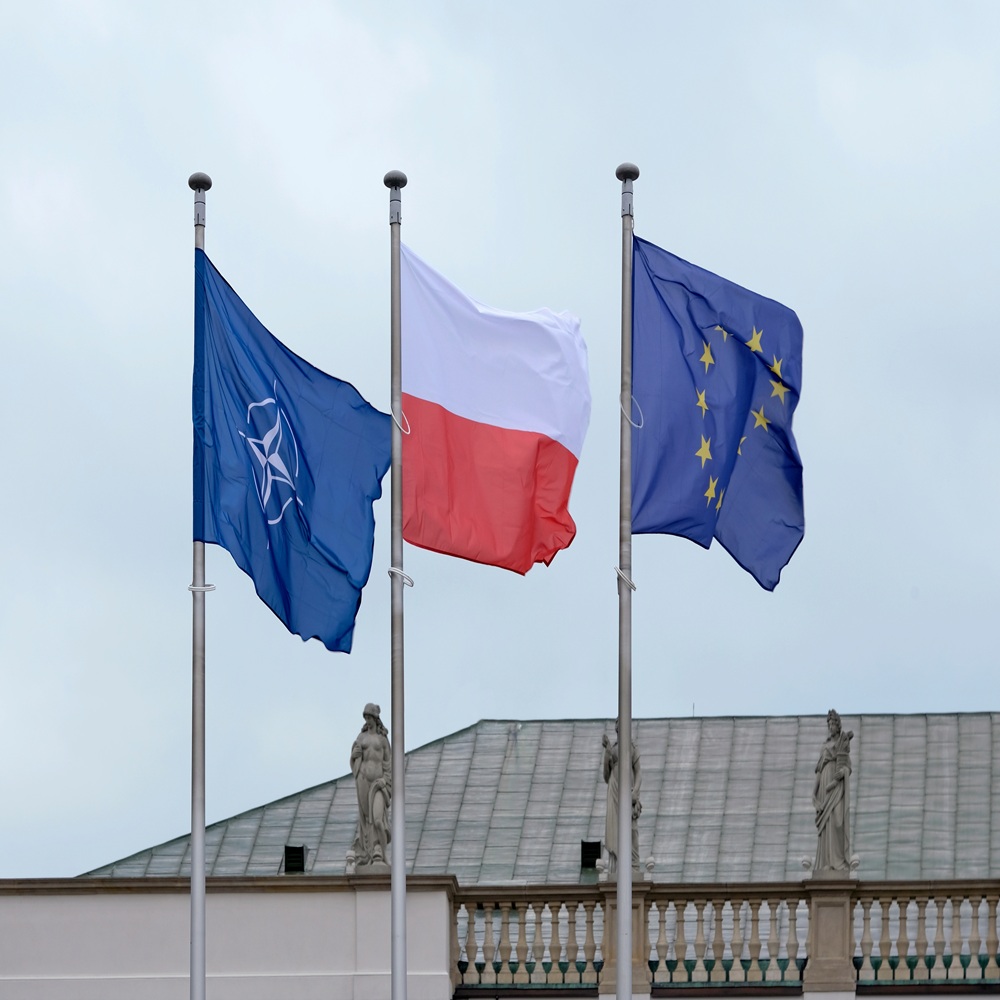
The tongue of the Balance and the Tip of the Spear. The role of Poland in European Geopolitics
by Krzysztof Sliwinski
Abstract This paper examines Poland's pivotal role in European geopolitics amid escalating tensions following Russia's 2022 invasion of Ukraine. Highlighting the September 2025 Russian drone incursion into Polish airspace—marking NATO's first engagement with Russian assets within allied territory—it analyses Poland's military, diplomatic, and strategic responses, including border closures with Belarus and the NATO-led Iron Defender-25 exercise.The study contextualises Poland's historical significance from its 1918 independence through Cold War dynamics to its contemporary position as a key NATO and EU member. Poland's substantial support to Ukraine, encompassing military aid, humanitarian assistance, and political advocacy, underscores its role as both a regional security actor and a logistic hub.The paper also addresses challenges stemming from refugee influxes and bilateral tensions, while discussing broader implications for EU security and autonomy, particularly regarding Ukraine's potential membership in the EU. Through this lens, Poland emerges as both a bulwark against Russian aggression and a spearhead of European defence initiatives, navigating complex geopolitical pressures with strategic resolve. Key Words: Poland, Ukraine, Geopolitics, Security, Europe Introduction Between September 9 and 10, 2025, a contingent of 19 to 23 drones, alleged to be Russian, breached Polish airspace. This incident marked the first occasion since Russia's 2022 invasion of Ukraine that NATO forces engaged and neutralised Russian assets within allied airspace.[i] Allegedly, the drones were part of a massive Russian assault on Ukraine, involving over 400 drones and missiles. At least four drones were shot down, primarily by Dutch F-35 jets, with support from Polish F-16s, Italian airborne early warning aircraft, and a Belgian aerial tanker. German Patriot systems in Poland were also on high alert.[ii] The drones caused minor damage, and no casualties were reported. Four Polish airports, including Warsaw's Chopin Airport, were temporarily closed due to the incursion. Poland's Prime Minister, Donald Tusk, described the event as a "large-scale provocation" and the closest the country had come to open conflict since World War II. Poland invoked NATO's Article 4, prompting consultations among allies, and an emergency meeting of the UN Security Council was requested. Polish officials, including Foreign Minister Radosław Sikorski, assert the incursion was deliberate, citing the number of drones and their flight paths, some of which reached deep into Poland, including near Gdańsk. The drones, identified as Gerbera models (simplified versions of Iran-designed Geran drones), were unarmed, suggesting they might have been decoys to test NATO's air defences. Russia denied targeting Poland, claiming the drones veered off course due to Ukrainian jamming, a claim supported by Belarus but dismissed by Polish and European leaders. Intelligence officials are divided on whether the incursion was intentional or accidental, with some suggesting Russia aimed to probe NATO's response without escalating to direct conflict.[iii] NATO Secretary-General Mark Rutte condemned Russia's "reckless behaviour," and leaders from the US, UK, France, Germany, and others expressed solidarity with Poland, calling the incident a serious escalation. Ukrainian President Volodymyr Zelenskyy labelled it a "dangerous precedent" and offered Poland anti-drone training, leading to a Poland-Ukraine agreement on joint drone defence initiatives. The EU's foreign policy chief, Kaja Kallas, proposed a "drone wall" to protect Europe's eastern flank.[iv] The incident occurred amid heightened Russian attacks on Ukraine and joint Russia-Belarus military exercises (Zapad 2025), raising concerns about regional stability. Some analysts believe Russia was testing NATO's resolve, especially after failed US-brokered peace talks. NATO has since bolstered its eastern defences, and Poland has closed its border with Belarus, citing security threats. The Zapad (meaning "West" in the Russian language) series began in 2009 as part of the Union State agreement between Russia and Belarus, alternating with other drills, such as Union Shield. Previous exercises often raised alarms among NATO members due to their scale and proximity to alliance borders. For instance, Zapad 2017 involved scenarios with fictional states resembling the Baltic nations.[v] At the same time, Zapad 2021 reportedly included up to 200,000 troops and integrated Belarusian forces more deeply into Russian command structures, with elements simulating operations involving Ukraine. The 2023 Zapad exercise was cancelled, attributed to Russia's resource strain from the Ukraine conflict. Notably, similar drills like Union Resolve in early 2022 were used to mask troop buildups for Russia's invasion of Ukraine, fuelling suspicions around Zapad events. Zapad 2025 took place from September 12 to 16 across 41 land and maritime training areas in both Russia and Belarus. Around 100,000 military personnel participated in the exercise, which also involved up to 7,000 Belarusian soldiers and 10,000 pieces of military hardware.[vi] The operation explicitly framed itself as a defensive measure to protect the sovereignty and territorial integrity of the Union State. Still, it also incorporated high-intensity combat simulations, including the theoretical deployment of tactical nuclear capabilities and advanced missile systems. Despite the presence of military observers from NATO nations and other allied countries at the Zapad 2025 military exercises, the event has raised concerns about regional security, particularly among Poland and the easternmost members of NATO. According to the world's oldest and one of the most cited think tanks specialising in international security, the RUSI (Royal United Services Institute), "Zapad 2025 appears as a meticulously calibrated, scaled-down, and geographically-constrained exercise. This is a deliberate and rational adaptation to the immense human and material costs of the ongoing large-scale war in Ukraine and the persistent strain of international sanctions. The exercise worked as a multi-layered instrument of a state in wartime, even though not fully mobilised. Politically, it fostered a perception of resolve continuity to both domestic and international audiences, strengthening the Russian-Belarusian closeness and deploying calibrated, low-resource deterrent messaging. Militarily, it worked as a field laboratory where Russia stress-tested and refined its Initial Period of War (IPW) playbook, incorporating direct lessons from the Ukrainian battlefield. The focus this time was on high-leverage capabilities, such as long-range precision fires, integrated air and missile defence (IAMD), and electronic warfare (EW), while conserving mass and materiel that are critically needed in Ukraine."[vii]Polish reaction to ZAPAD 2025Poland responded resolutely to the joint Russia-Belarus Zapad 2025 military exercises, viewing them as a provocative threat due to their proximity to the Polish border, aggressive scenarios (including nuclear elements and targeting the strategic Suwałki Gap), and the broader context of Russia's ongoing war in Ukraine and recent incidents like Russian drone incursions into Polish airspace. The reactions encompassed military, border security, diplomatic, and intelligence measures, reflecting heightened tensions and a focus on deterrence.[viii] Poland closed all border crossings with Belarus, including railway lines, effective midnight on September 11-12, 2025 (local Polish time), for an indefinite period until the perceived threat subsided.[1] This decision, announced by Prime Minister Donald Tusk, was justified by the exercises' aggressive nature, their location near the border, and ongoing hybrid threats from Russia and Belarus, such as arson attacks, sabotage, propaganda, disinformation, and espionage. The closure impacted the transit of Chinese and Russian goods. Additional measures included heightened vigilance at the frontier, with Poland coordinating with allies like Lithuania, which also ramped up security at its borders with Belarus and Russia.[ix] Additionally, Poland deployed up to 40,000 soldiers to its eastern border with Belarus as a direct counter to the drills, emphasising preparedness amid the perceived escalation. In a pre-emptive move, Poland led the NATO-backed Iron Defender-25 exercise, starting on September 2, 2025, as its primary military response.[x] This was described as the largest NATO-led drill of the year, involving approximately 30,000 troops (including Polish Armed Forces, NATO battlegroups, Air Force, Navy, Territorial Defence Forces, and Special Forces) and over 600 pieces of heavy equipment, such as U.S.-made Abrams tanks, K9 howitzers, and Gladius drone systems. The multi-domain exercise (land, sea, air, cyberspace) incorporated lessons from the Ukraine war, testing combat effectiveness in realistic scenarios to enhance interoperability and demonstrate alliance unity. Poland's Defence Ministry framed it as non-targeted training but a clear signal of readiness against potential threats, including large-scale drone attacks and Russia's Iskander-M missile deployments in Kaliningrad. Concurrent NATO drills were also conducted along the border.[xi] Historical Context For a non-specialist, especially one from outside Europe, Poland may seem a big unknown. Let us then very briefly examine the role of Poland in European Politics from a historical perspective over the last one hundred years. Poland's role in European history since 1918 has been transformative, serving as both a symbol of national resilience and a catalyst for broader continental change. From regaining independence after 123 years of partition to becoming a cornerstone of modern European integration, Poland's journey reflects the complex dynamics of 20th and 21st century European politics. Poland re-emerged as an independent state in 1918 following the collapse of the German, Austro-Hungarian, and Russian empires. The newly reconstituted Second Polish Republic faced immediate challenges, including border conflicts with neighbouring states from 1918 to 1921 and internal struggles with multiethnic tensions and economic dislocation.[xii] The interwar period was characterised by political instability, debates over competing leadership visions, and the legacy of partitions that shaped Poland's regional ambitions and democratic consolidation efforts.[xiii] Poland became the epicentre of World War II, suffering devastating military occupation under both Nazi and Soviet policies. The country experienced unprecedented civilian trauma, displacement, and the systematic extermination of its population.[xiv] Historians still debate the numbers, but recent analyses suggest that the nation might have lost much more than initially was suggested. Instead of six million, some historians suggest that nine million would be a more realistic number, which would constitute almost 24% of the Polish population.[xv] This wartime destruction fundamentally reshaped Poland's demographics, political landscape, and postwar boundaries, leaving an indelible mark on European memory of the war. After 1945, Poland fell under the Soviet sphere, adopting a communist system that profoundly shaped its institutions, economy, and foreign policy throughout the Cold War. The Soviet-backed regime implemented state socialism, which combined industrialisation with political repression, resulting in periodic episodes of mass dissent.[xvi] Notably, as a member of the Warsaw Pact,[xvii] Poland occupied a central strategic position within the Central and Eastern European architecture, serving as both a critical forward staging area and a substantial contributor to the alliance's conventional forces throughout the Cold War period (1955 - 1989). As part of the "Northern Tier" alongside East Germany and Czechoslovakia, Poland's territory formed the primary staging ground for Soviet operational plans targeting Western Europe, providing essential buffer protection for Soviet rear areas while controlling crucial East-West transit routes across Central Europe.[xviii] The Polish People's Army constituted one of the largest non-Soviet contingents within the Warsaw Pact, with substantial ground forces integrated into Soviet-designed offensive operations that emphasised rapid cross-border campaigns and coalition warfare capabilities. Polish military doctrine was heavily subordinated to Soviet operational art, with force structures, equipment procurement, and training programs synchronised to complement Soviet General Staff concepts rather than independent national defence requirements.[xix] Poland's armed forces regularly participated in major Warsaw Pact exercises that rehearsed theatre-level offensive operations, serving as integral combat elements whose contributions were deemed necessary for the alliance's conventional surprise-attack options. However, this integration came at the cost of operational autonomy, as Soviet personnel and advisers maintained significant influence over Polish military leadership and strategic planning throughout much of the Cold War period. The relationship revealed inherent tensions between Polish national interests and Soviet strategic imperatives, particularly during political crises such as the 1980 - 1981 Solidarity period, when Moscow considered military intervention but ultimately relied on Polish authorities to maintain internal order. By the 1980s, while Poland remained formally committed to Warsaw Pact structures, domestic political changes increasingly undermined the reliability and willingness of Polish forces to serve Soviet strategic objectives, contributing to the gradual erosion of the alliance's military cohesion.[xx] The independent trade union Solidarity, born from mass strikes in 1980, became the primary catalyst for Poland's transition from communism. Despite the imposition of martial law in December 1981, the movement persisted and eventually led to the Round Table negotiations and the pivotal 1989 elections, which produced rapid systemic change.[xxi] Poland's peaceful transition initiated processes that reverberated across Eastern Europe, contributing to the end of the Cold War order. Poland's post-1989 trajectory transformed it from a transition exemplar to an active Euro-Atlantic partner. The country joined NATO in 1999 and acceded to the European Union in 2004, completing its integration into Western institutions.[xxii] Today, Poland serves as the largest economy in Central Europe. It plays multiple roles as a security actor countering Russian influence, a close US partner, and a significant voice in EU decision-making.[xxiii] Below, the reader will find a comprehensive table that contains key political and economic developments in Poland since 1918. Source: Grok – prompt: Create a table with the most important political and economic developments in Poland since 1918. Visualisation by gamma.app. The Role of Poland in the Ukrainian War As allegedly a Chinese saying goes, "one picture is worth a thousand words", one needs to look no further than at a map of contemporary Europe to understand the central and therefore strategically important location of Poland. Source: https://www.escape2poland.co.uk/poland-guide/poland-map From the very beginning of Russia's invasion of Ukraine on February 24, 2022, Poland has emerged as one of Kyiv's staunchest allies, providing multifaceted support amid escalating geopolitical tensions. This assistance has spanned military, humanitarian, political, and economic domains, reflecting Warsaw's strategic interest in countering Russian aggression while bolstering regional stability. By mid-2025, Poland's total aid to Ukraine has approached $9 billion, equivalent to about 4.91% of its GDP.[xxiv] In the military sphere, Poland has delivered 47 aid packages, positioning itself as Europe's primary logistics hub for defence supplies, with 80% of allied donations transiting through its borders. Cumulative military support has reached €4.5 billion by May 2025, including over 300 T-72 and PT-91 Twardy tanks, BWP-1 infantry fighting vehicles, air defence systems, reconnaissance drones, and 100 million rounds of ammunition. Poland also trained Ukrainian troops on NATO equipment and, in April 2024, offered to repatriate draft-eligible Ukrainian men residing in Poland to bolster Kyiv's forces. A July 2024 bilateral security agreement further commits Warsaw to ongoing defence cooperation.[xxv] Humanitarian efforts have been equally robust, with Poland hosting over 1.5 million Ukrainian refugees by 2025, after more than 7.57 million crossed its borders since the invasion's onset.[xxvi] Warsaw established nine reception points on day one and spent €40 billion (1.9% of GDP) on refugee and humanitarian aid from 2022 to 2024, including welfare, medical supplies, and integration programs.[xxvii] By 2024, Ukrainian refugees reportedly contributed a net 2.7% boost to Poland's GDP through employment, with rates rising from 61% to 69%. However, public support has waned, dropping to 45% for long-term stays by 2025, amid political debates over extending benefits.[xxviii] Politically, Poland condemned the invasion through a unanimous Sejm resolution on February 24, 2022, and has advocated for Ukraine's integration into the EU and NATO within forums like the Lublin Triangle. Leaders like President Andrzej Duda and Prime Minister Donald Tusk have emphasised "non-negotiable" solidarity, pushing for sanctions and intelligence sharing. Tensions flared in 2023 over grain imports, leading to temporary bans and border protests, but dialogue resumed with high-level meetings in 2024.[xxix] Economically, Poland's aid encompasses reconstruction involvement, energy interconnections, and trade facilitation, with refugees contributing to growth. As of September 2025, Warsaw has joined the "Coalition of the Willing" for sustained defence pledges, although domestic fatigue and the 2025 elections pose challenges to its long-term commitment. Overall, Poland's role has solidified its regional leadership, balancing altruism with security imperatives.[xxx] The overall picture regarding the actual situation in Poland regarding the costs and benefits of Ukrainian immigration is not all roses. The influx has triggered notable social, economic, and infrastructural strains. Public support for long-term refugee stays has declined amid growing fatigue and political debates. Key challenges include social tensions, housing pressures, welfare strains, and integration barriers. Rarely, but especially painful from a Polish perspective, are anti-Polish sentiments manifested by some Ukrainians, mostly on social media, which often refer to support for Stepan Bandera, seen as a founder of the modern Ukrainian State. Stephan Bandera, was a Ukrainian nationalist leader associated with the Organisation of Ukrainian Nationalists (OUN) and the Ukrainian Insurgent Army (UPA) — and a prominent instigator of Volhynia Massacre of 1943 - 1944. During the massacre, UPA forces killed up to 200,000 ethnic Poles in Volhynia and Eastern Galicia (civilians – mostly women and children) as part of ethnic cleansing efforts. Consequently, Bandera, viewed as a hero in Ukraine for resisting Soviet and Nazi occupations, is often equated in Poland with perpetrators of genocide. SAFE and European Autonomy As analysed here, the EU is in favour of Ukraine's integration into European defence cooperation through the SAFE fund, which highlights Ukraine's unique status as a semi-integrated security partner (SISP) despite not being an EU member. With its vast resources, Ukraine can potentially strengthen the EU and contribute to its economic and political growth, thereby enhancing European geopolitical influence. On the downside, Ukrainian semi- or full membership in the EU, which is likely to include membership in the postulated European Defence Union (EDU), will further stretch the EU dangerously to the East, shrinking the geographical distance between the EU and Russia. Consequently, Europe is likely to face an elevated strategic challenge posed by Russia, given its military potential and, most importantly, the historical and current context of political and economic adversary relations. Simply speaking, once Ukraine becomes an EU member, the EU will be exposed to constant security challenges to a degree much higher than before. The theory of escalation by Herman Kahn should therefore be studied in detail by European policymakers and military leaders to make sure that Europe does not find itself again drawn into a military conflict that may damage its societies for generations to come.[xxxi] Curiously, political leaders of Poland (such as Prime Minister Donald Tusk or Minister of Foreign Affairs Radek Sikorski), supported by Estonian, German, French and British leaders, strike somewhat risky poses and flex muscles verbally challenging the delicate status quo. For example, a recent Russian drone incursion into Polish airspace (8-9 September 2025) produced a lot of chaos and uncertainty. As a consequence, some damage was done to civilian infrastructure. Polish authorities were quick to declare that Russian drones had caused the damage. Only later did it transpire through media reports that the damage had, in fact, been caused by friendly fire. A Polish missile mistakenly hit the civilian infrastructure instead of a hostile drone.[xxxii] Similarly, on November 15, 2022, during a massive Russian missile barrage targeting Ukrainian infrastructure, a missile struck a grain drying facility in the Polish village of Przewodów (near the Ukraine border), killing two Polish civilians and causing an explosion.[xxxiii] Initial reactions from the Ukrainian and the Polish governments hinted at Russian agency. Later on, it turned out that it was, in fact, a Ukrainian missile that mistakenly hit the Polish territory.[2] Interestingly, in a recent interview, the former President of Poland, Andrzej Duda, admitted that the Ukrainian side clearly used the event as an attempt to force the Polish hand to join the war against Russia.[xxxiv]Poland, once again, finds itself at the forefront of the geopolitical border between the collective West and Russia, and once again, it serves as both a bulwark and a spearhead. A role that never really paid any dividends in the 20th century. A role that cost millions of lives, destruction and decades of servitude. Broader Geopolitical Context In a broader geopolitical context, the Polish government has recently taken a significant step by blocking the One Belt One Road (OBOR) initiative. The closure of the border with Belarus halted all road and rail traffic, including a critical rail route that handles about 90% of EU-China freight train shipments — part of China's Belt and Road Initiative — valued at around €25 - 30 billion annually. The disruption affected perishable goods, forced rerouting to less efficient paths, such as the Middle Corridor (via Kazakhstan, the Caspian Sea, Azerbaijan, Georgia, and Turkey), and led to potential losses for Chinese investors. Polish Foreign Minister Radosław Sikorski emphasised to Chinese Foreign Minister Wang Yi on September 16 that security took precedence over trade, rejecting the initial request to reopen. The border reopened on September 25, allowing rail trade to resume gradually, though short-term congestion and instability persisted.[xxxv]Initially, Poland was positive about OBOR, which was formally launched back in 2013. Poland's participation positioned it as a key European gateway, leveraging its central location for rail, port, and trade links. Chinese President Xi Jinping visited Poland in June 2016 and held a meeting with then-President Andrzej Duda and then-Prime Minister Beata Szydło. They signed a declaration elevating ties to a comprehensive strategic partnership, emphasising OBOR cooperation in trade, investment, and infrastructure. The next several years saw a focus on rail and port projects where Poland positions itself as a "hub" for the Silk Road Economic Belt, with investments in logistics and connectivity.[xxxvi] In June 2024, President Xi met Duda in Beijing to mark 75 years of diplomatic relations. They issued an Action Plan (2024–2027) for strengthening the partnership, including high-quality OBOR cooperation.Recent events show that the Polish leadership has reevaluated its role in global and European geopolitics. By doing so, it appears that the Polish political leadership is playing a high-stakes game in the current geopolitical arena — a picture all too familiar to anyone who has studied the history of World War II. We can only hope that this time the future will not bring an all-European war. [1] The border was reopened at midnight 25 of September.[2] The Ukrainian side has issued no official acknowledgement nor any compensation. [i] Easton, A., & Lukiv, J. (2025, September 11). Poland says it shot down Russian drones after airspace violation. BBC. https://www.bbc.com/news/articles/c147065pzdzo[ii] Charlish, A., Kelly, L., & Erling, B. (2025, September 11). Poland downs drones in its airspace, becoming first NATO member to fire during war in Ukraine. Reuters. https://www.reuters.com/business/aerospace-defense/poland-downs-drones-its-airspace-becoming-first-nato-member-fire-during-war-2025-09-10/[iii] Walker, S. (2025, September 15). Russian drone incursion into Poland ‘was Kremlin test on Nato.’ The Guardian. https://www.theguardian.com/world/2025/sep/14/russian-drone-incursion-poland-nato-ukraine-europe[iv] Emergency Briefing on Drone Incursion into Poland. (2025, September 12). Security Council Report. https://www.securitycouncilreport.org/whatsinblue/2025/09/emergency-briefing-on-drone-incursion-into-poland.php[v] Yeryoma, M. (2025, August 26). As Russia-Belarus Zapad military exercises begin, here’s everything you need to know. The Kyiv Independent. https://kyivindependent.com/everything-you-need-to-know-about-russia-belarus-zapad-2025-military-drills-set-for-september/[vi] Bifolchi, G. (2025, September 17). Russia-Belarus Joint Military Exercise “Zapad-2025”: Intel Briefing. The Kyiv Independent. https://www.specialeurasia.com/2025/09/17/russia-belarus-zapad-2025/[vii] Minniti, F. (2025, September 22). Wartime Zapad 2025 Exercise: Russia’s Strategic Adaptation and NATO. RUSI. https://www.rusi.org/explore-our-research/publications/commentary/wartime-zapad-2025-exercise-russias-strategic-adaptation-and-nato[viii] Query, A. (2025, September 20). Iron Defender-25: Is NATO Finally Ready to Shield Its Eastern Flank? UNITED24 MEDIA. https://united24media.com/world/iron-defender-25-is-nato-finally-ready-to-shield-its-eastern-flank-11795[ix] Poland to close Belarus border due to Russia-led military exercises, PM says. (2025, September 10). Reuters. https://www.reuters.com/world/europe/poland-close-belarus-border-due-russia-led-military-exercises-pm-says-2025-09-09/[x] Polska odpowiedź na “Zapad-2025”. “Unikamy eskalacji, nie boimy się.” (2025, August 9). Polskie Radio24.Pl. https://polskieradio24.pl/artykul/3562822,polska-odpowiedz-na-zapad-2025-unikamy-eskalacji-nie-boimy-sie[xi] Federation of Exercises codenamed IRON DEFENDER-25 - One Goal, Many Forces, Shared Readiness. (2025, August 26). Ministry of National Defence, Republic of Poland. https://www.gov.pl/web/national-defence/federation-of-exercises-codenamed-iron-defender-25--one-goal-many-forces-shared-readiness[xii] J. Lukowski and H. Zawadzki, "Independence regained and lost, 1914–1945," in A Concise History of Poland, Cambridge University Press, 2006. Also J. Böhler, Civil War in Central Europe, 1918-1921: The Reconstruction of Poland, 2018.[xiii] Górny, M. (2019). A Century of Selective Ignorance: Poland 1918–2018. Slavic Review, 78(3), 654–662. doi:10.1017/slr.2019.227 [xiv] A. J. Prazmowska, Poland: A Modern History, 2010. Also P. D. Stachura, Poland in the Twentieth Century, 1999.[xv] Davies, N. (n.d.). Europa walczy 1939-1945. Nie takie proste zwycięstwo. ZNAK.[xvi] A. Kemp‑Welch, Poland under Communism: A Cold War History, Cambridge University Press, 2008.[xvii] See more at: https://www.britannica.com/event/Warsaw-Pact[xviii] M. Sadykiewicz, "Organizing for Coalition Warfare The Role of East European Warsaw Pact Forces in Soviet Military Planning," RAND, 1988.[xix] Jones, C. D. (2003). Soviet military doctrine as strategic deception: An offensive military strategy for defense of the socialist fatherland. The Journal of Slavic Military Studies, 16(3), 24–65. https://doi.org/10.1080/13518040308430567[xx] Mastny, V. (1999). The Soviet Non-Invasion of Poland in 1980-1981 and the End of the Cold War. Europe-Asia Studies, 51(2), 189–211. http://www.jstor.org/stable/153609[xxi] A. Paczkowski and C. Manetti, Revolution and Counterrevolution in Poland, 1980–1989, 2015.[xxii] A. F. Tatham, "The Polish Constitutional Tribunal and European Law," in European Law and the Eastern Enlargement, Brill, 2013.[xxiii] R. Zięba, "The Evolution of Poland's International Roles," in Central Europe and the Changing International Order, 2020. Or A. Szczerbiak, "A model for democratic transition and European integration? Why Poland matters?" Geopolitics, History, and International Relations, 2016.[xxiv] Prochwicz Jazowska, M. (2025, September 8). Home and away: Why Poland is fighting a war on two fronts. European Council on Foreign Relations. https://ecfr.eu/article/home-and-away-why-poland-is-fighting-a-war-on-two-fronts/[xxv] Palowski, J. (2025, April 8). Poland delivered 100 million rounds of ammunition to Ukraine. Details on Germany and USA. Defence 24.Com. https://defence24.com/defence-policy/poland-delivered-100-million-rounds-of-ammunition-to-ukraine-details-on-germany-and-usa Also Słowański, M. T. (2025, January 13). Poland and Ukraine: A Partnership Forged in Resilience. Fair Observer. https://www.fairobserver.com/politics/poland-and-ukraine-a-partnership-forged-in-resilience/[xxvi] Fusiek, D. A. (2022, November 28). The needs of refugees. European Investment Bank. https://www.eib.org/en/stories/ukrainian-poland-infrastructure-refugees[xxvii] See more at: https://data.unhcr.org/en/situations/ukraine/location/10781[xxviii] See more at: UKRAINE EMERGENCY. (2025, September 25). UNHCR. https://www.unrefugees.org/emergencies/ukraine/[xxix] Prochwicz Jazowska, M. (2025, September 8). Home and away: Why Poland is fighting a war on two fronts. European Council on Foreign Relations. https://ecfr.eu/article/home-and-away-why-poland-is-fighting-a-war-on-two-fronts/[xxx] Ukrainian refugees give Poland big economic boost, report says. (2025, June 10). Reuters. https://www.reuters.com/world/ukrainian-refugees-give-poland-big-economic-boost-report-says-2025-06-10/[xxxi]https://www.amazon.com/Escalation-Metaphors-Scenarios-Herman-Kahn/dp/1412811627#:~:text=In%20this%20widely%20discussed%20and,closer%20to%20all%2Dout%20war.[xxxii] Kacprzak, I., & Zawadka, G. (2025, September 16). Polska rakieta uderzyła w dom na Lubelszczyźnie. Rzeczpospolita. https://www.rp.pl/wojsko/art43015001-polska-rakieta-uderzyla-w-dom-na-lubelszczyznie[xxxiii] Henley, J. (2022, November 16). Missile that hit Poland likely came from Ukraine defences, say Warsaw and NATO. The Guardian. https://www.theguardian.com/world/2022/nov/16/poland-president-missile-strike-probably-ukrainian-stray[xxxiv] Scheffer, J. (2025, September 5). Poland’s Ex-President Duda Exposes How Ukraine Tries to Pull Allies into War. Hungarian Conservative. https://www.hungarianconservative.com/articles/current/ukraine-war-andrzej-duda-allies-false-flag-drone-strike/[xxxv] Dean, J. D. (2025, September 23). Poland to China: So, You Want to Play Hybrid War? Hungarian Conservative. https://cepa.org/article/poland-to-china-so-you-want-to-play-hybrid-war/[xxxvi] Jakubowski, A., Komornicki, T., Kowalczyk, K., & Miszczuk, A. (2020). Poland as a hub of the Silk Road Economic Belt: is the narrative of opportunity supported by developments on the ground? Asia Europe Journal, 18, 367–396. https://doi.org/https://doi.org/10.1007/s10308-020-00571-6









